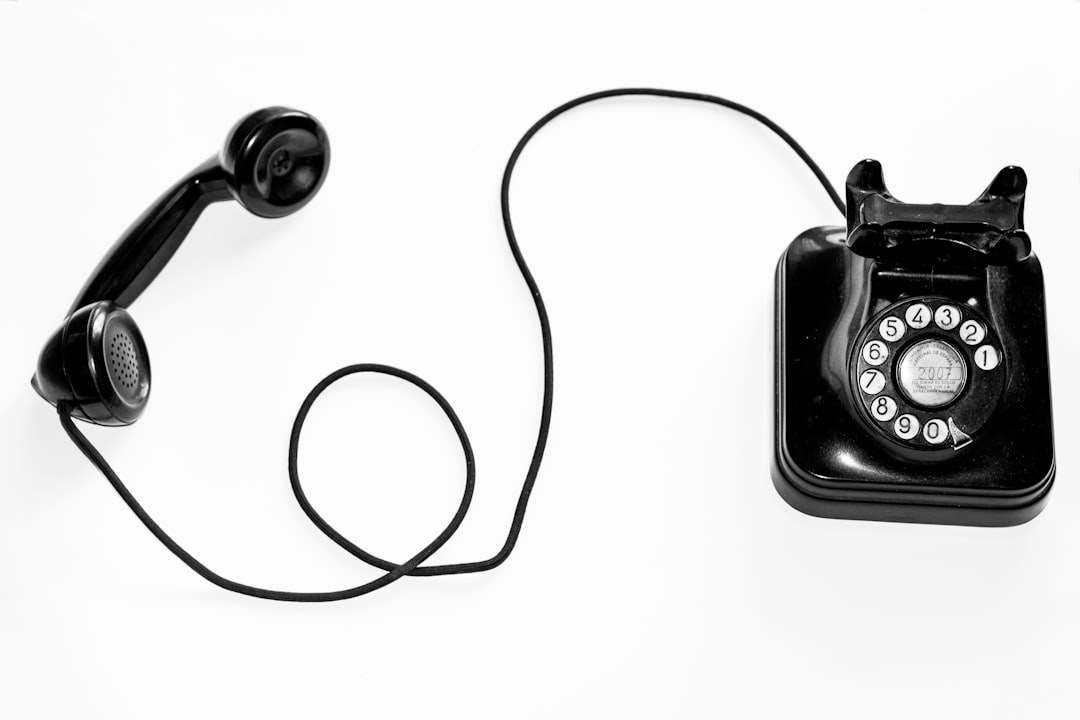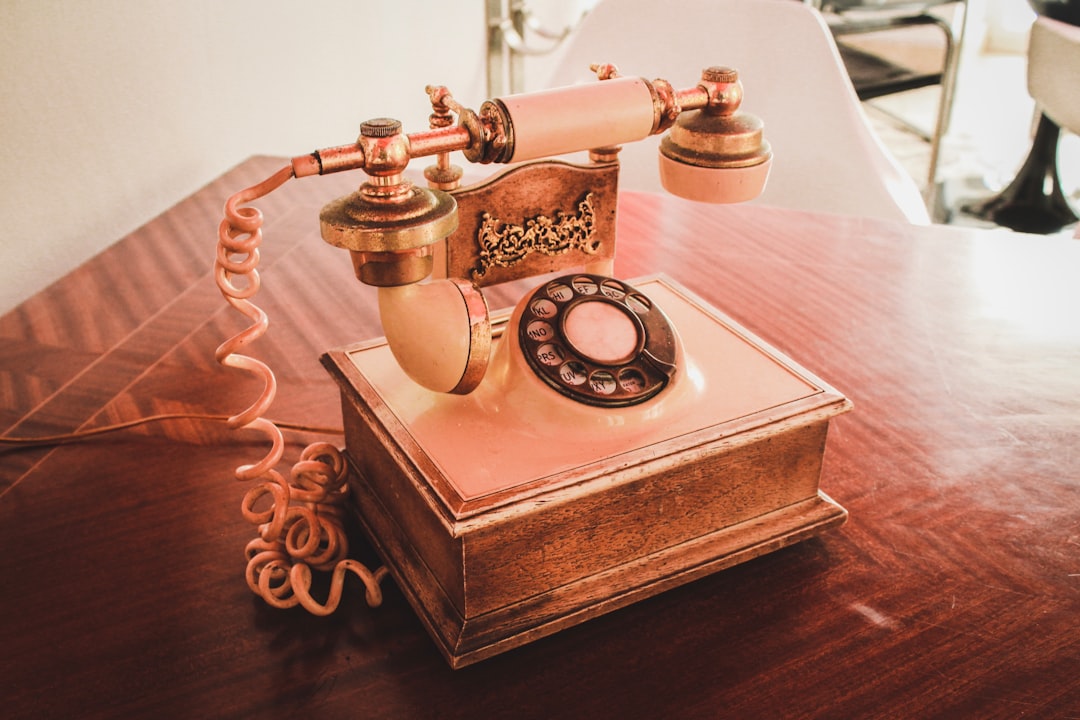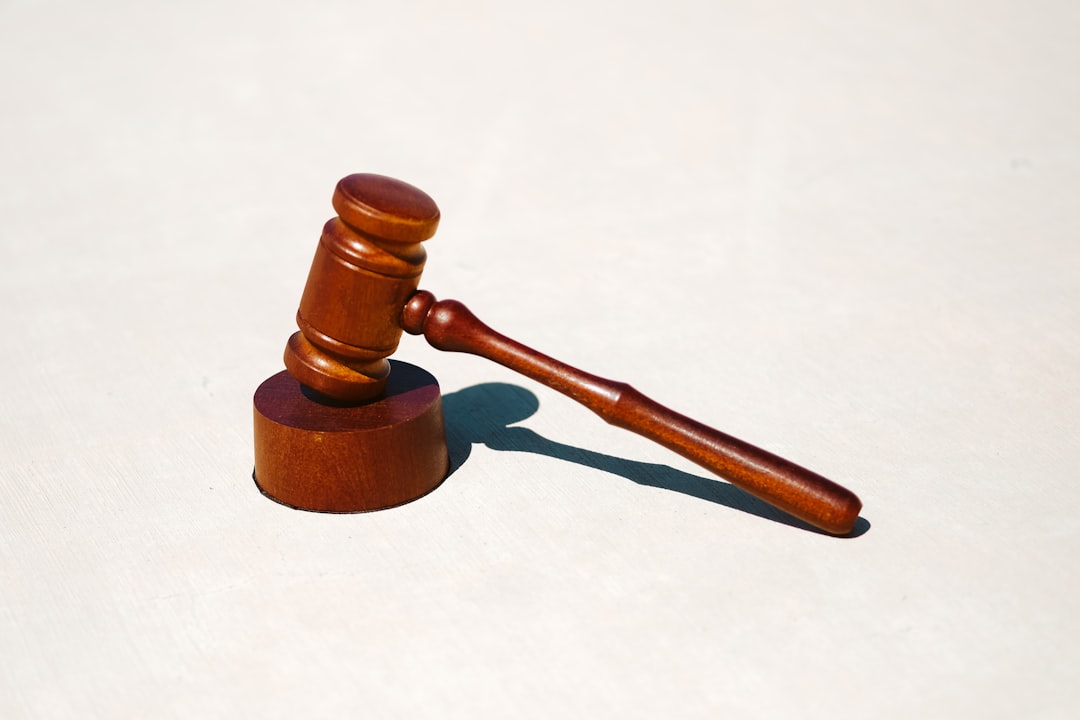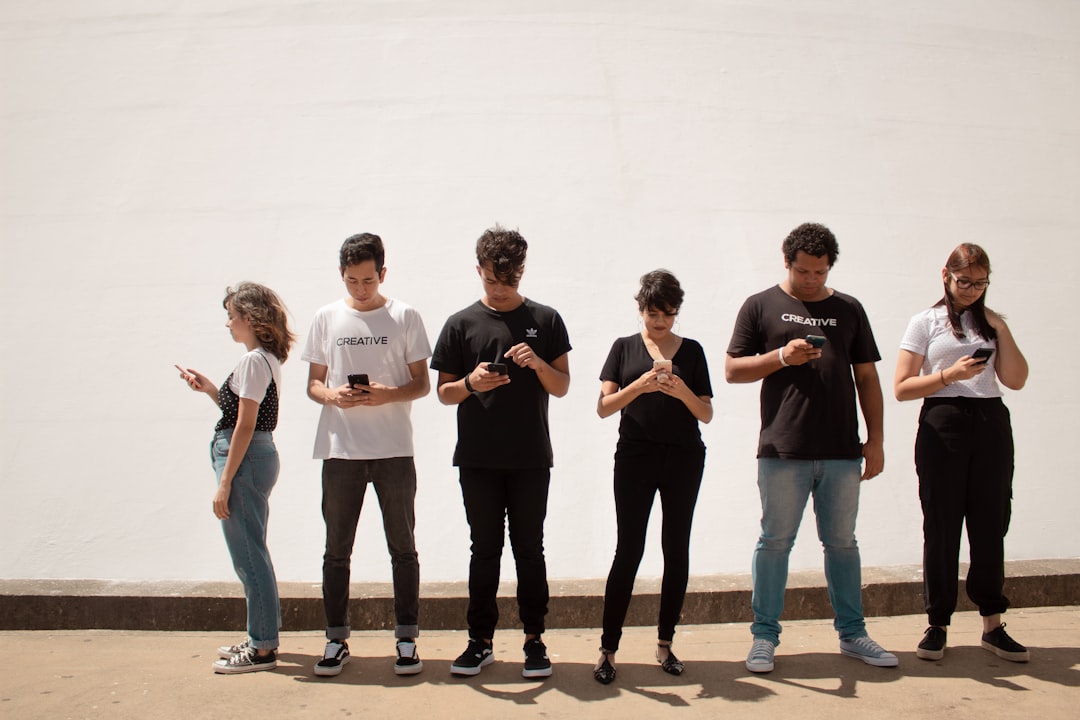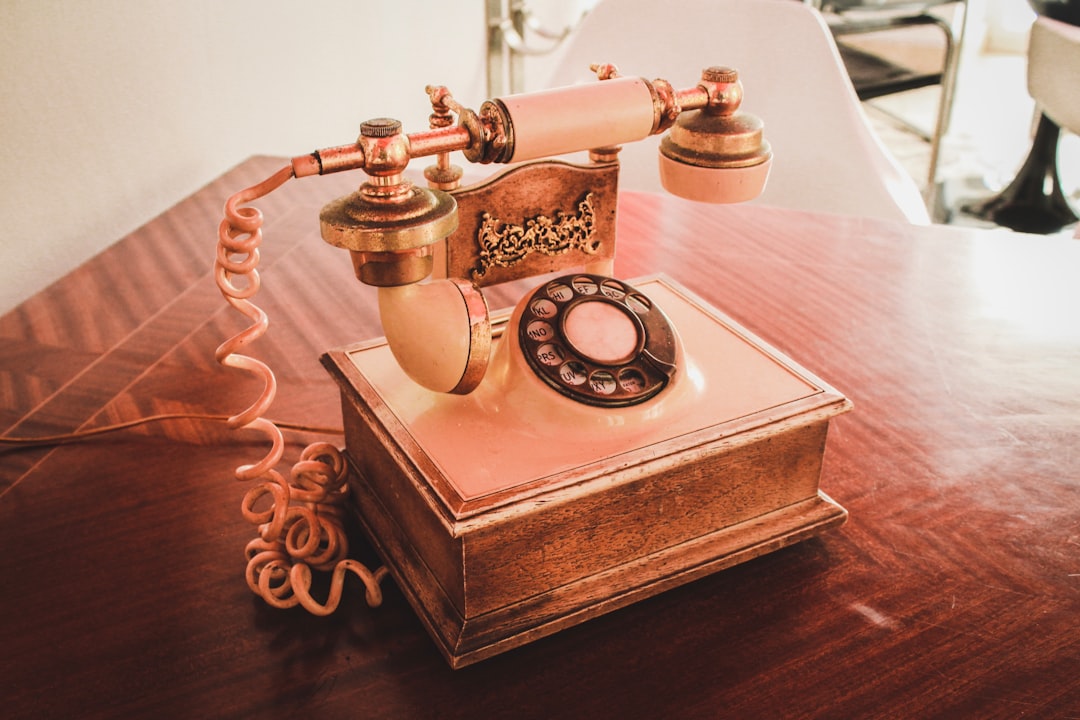Hartford residents face persistent robocalls from law firms despite registering with the national "Do Not Call" registry. Neighborhood associations are taking collective action to increase awareness about unauthorized calls, advocate for stricter regulations, and explore legal avenues against false or excessive robocallers. They collaborate with local authorities and telecom providers to protect against unwanted calls, emphasizing the importance of choosing the right legal representation in Connecticut. Residents protected by the TCPA can consult a local "Do Not Call" lawyer to enforce their rights against harassing automated calls.
In today’s digital age, Hartford neighborhoods are facing a modern nuisance—robocalls. These automated, unwanted calls disrupt peaceful homes and communities. This article explores the collective efforts of Hartford neighborhood associations to combat this growing issue. We delve into the root causes of robocalls in local areas, highlighting the crucial role these associations play in organizing a united front. By implementing effective strategies, residents aim to reduce intrusive calls, ensuring peace and tranquility for all Connecticut citizens, with an emphasis on seeking legal recourse through specialized Do Not Call Lawyer services in the state.
Understanding the Robocall Problem in Hartford Neighborhoods
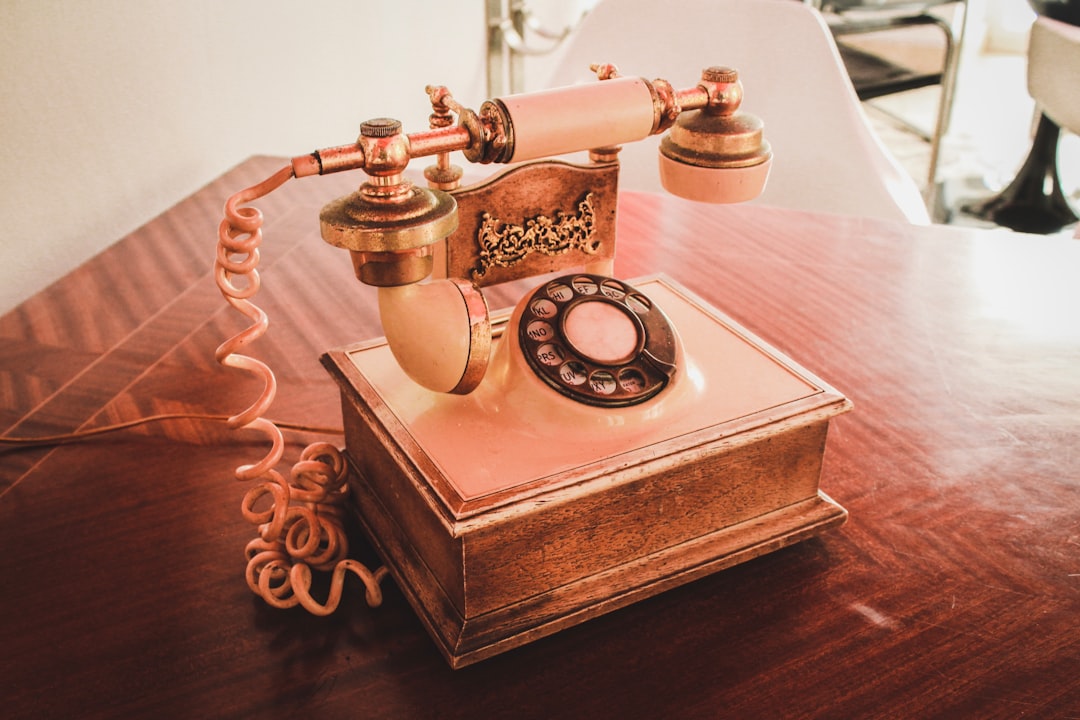
In Hartford, like many urban areas across the country, residents have been increasingly frustrated by a surge in unwanted robocalls. These automated phone calls, often from law firms or lawyers practicing in Connecticut, promote services or sell products, despite many individuals signing up for “Do Not Call” registries. The problem has become a significant nuisance, with some Hartford neighborhoods experiencing a deluge of such calls daily.
The constant influx of robocalls targeting residents of Hartford neighborhoods is not only disruptive but also raises privacy concerns. Many callers use automated systems to dial random numbers, often in bulk, which can lead to excessive phone usage and cause real harm to individuals who simply want to be left alone. As a result, there’s a growing need for collective action, with neighborhood associations playing a crucial role in addressing this issue. By joining forces, these associations aim to raise awareness, lobby for better regulations, and explore legal options, including potential lawsuits against those engaging in excessive or unauthorized robocalling practices, especially those pretending to be “Do not call lawyer Connecticut” or claiming to represent “do not call law firms Connecticut.”
The Role of Neighborhood Associations in Combating Robocalls
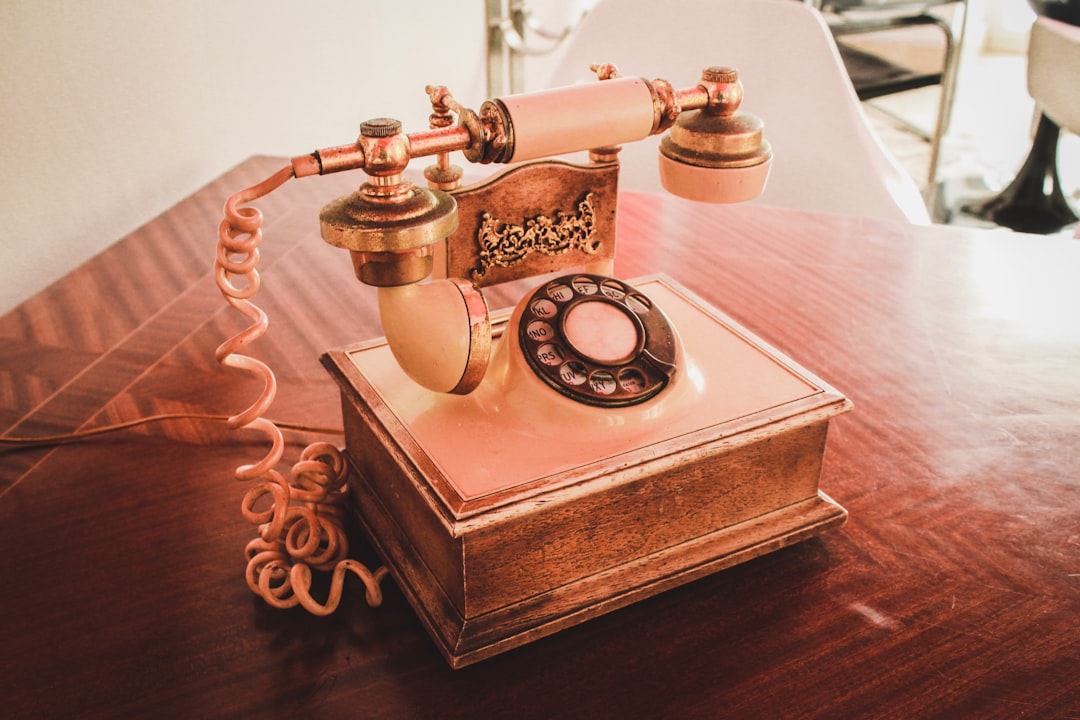
Neighborhood associations play a crucial role in combating robocalls in Hartford, Connecticut. These community organizations serve as a collective force, empowering residents to take action against unwanted and harassing calls from law firms and other entities promoting legal services. By fostering communication and coordination among members, these associations facilitate the sharing of information about ongoing robocall campaigns and effective strategies to counteract them.
In collaboration with local authorities and telecommunications providers, neighborhood associations can raise awareness about Do Not Call laws in Connecticut, specifically targeting lawyers and law firms. They organize community meetings, workshops, and educational programs to inform residents about their rights and available resources, including the services of a lawyer specializing in Do Not Call legislation in Connecticut. Through collective action, these associations help create a safer and more peaceful environment for Hartford residents by minimizing the impact of robocalls.
Strategies and Solutions for a United Front Against Robocalls

Legal Aspects: Protecting Your Rights as a Connecticut Resident

As a Connecticut resident, you have rights when it comes to unwanted telephone solicitations, including robocalls. The Telephone Consumer Protection Act (TCPA) is a federal law designed to curb excessive or nuisance calls, and it provides strong protections for consumers. If you’re receiving harassing or unsolicited phone calls, particularly from automated systems, you may have legal recourse.
A “do not call” list maintained by the Federal Trade Commission (FTC) offers some protection, but it’s not foolproof. If a company still contacts you after being listed, you can file a complaint with the FTC and seek legal action against the violator. Hiring a Connecticut do not call lawyer or attorney specializing in consumer rights can help ensure your rights are protected and that unwanted calls stop once and for all.
